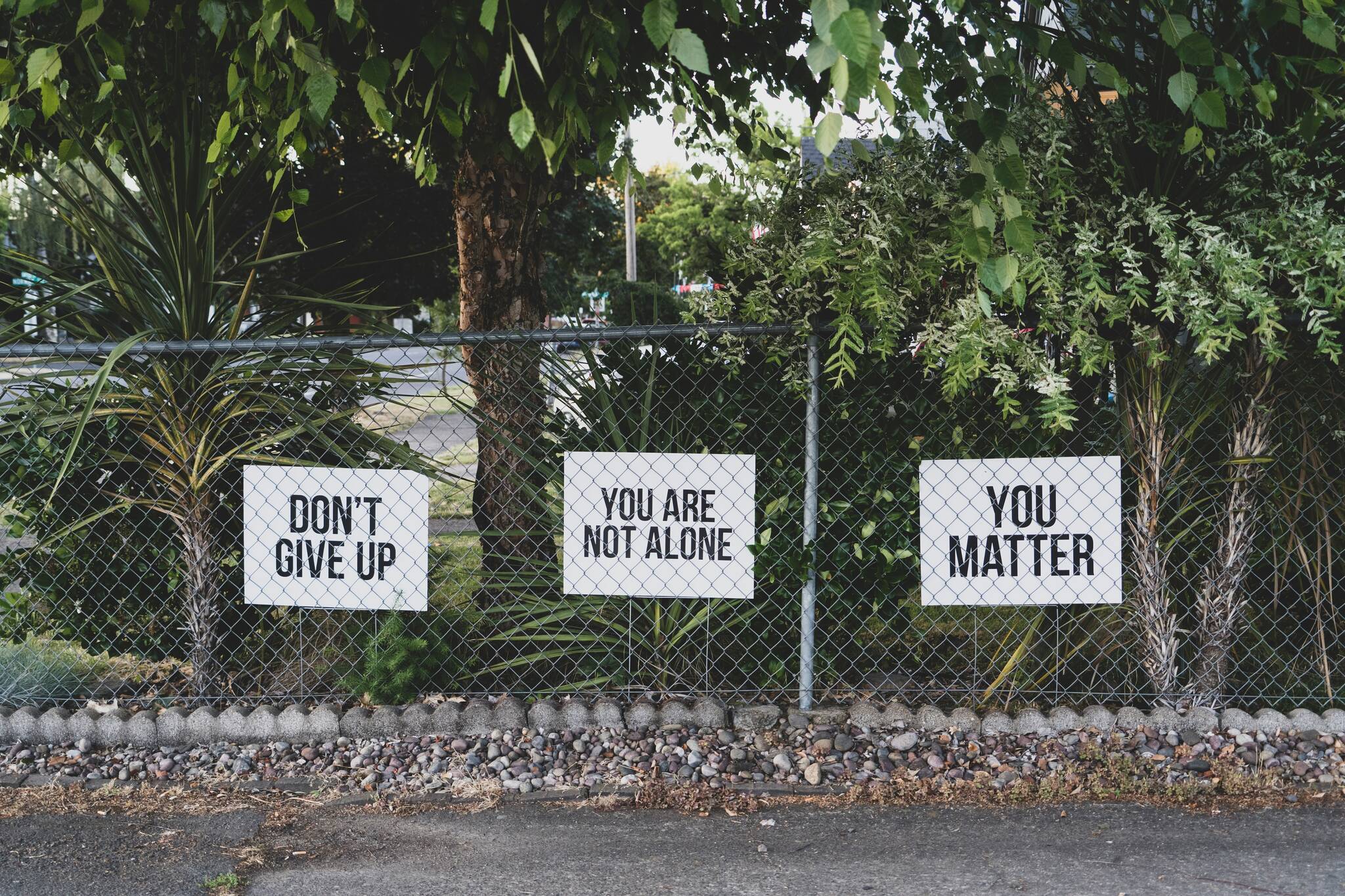By Anne-Marie Lynch
In America today, approximately one out of five Americans is suffering with a mental health issue; and approximately one in 25 adults is experiencing a serious mental illness that substantially interferes with one or more major life activities. The pandemic has further compounded the impact on mental health. Admissions to emergency rooms have increased by 24%; the rate of suicides has increased; fatal overdoses have increased. Seventy-six percent of workers have indicated they are struggling with mental health challenges, up from 59% in 2019, according to the National Actional Alliance for Suicide Prevention.
As CEO of North Star Behavioral Health, my staff and I have the privilege of serving many members of our community who are experiencing some of the most challenging times of their lives – mental illnesses that are often invisible to the casual observer in ways that physical illnesses are not. As a behavioral health industry, we must build capacity to serve the need… attracting new providers, expanding our workforce, investing in prevention, and reducing barriers to care.
May is Mental Health Awareness month, providing an opportunity for reflection and collective action to address the stigma preventing individuals from getting the care they need.
The good news is that there is hope and available resources for recovery. Today, positive outcomes are not only possible, they are experienced every day. Like chronic physical illness, mental illness can be diagnosed and effectively managed. Individuals who were once in despair can go on to live their best lives. This is highly rewarding and one reason I chose to work in this field.
What can we do within our communities to recognize the signs of mental health challenges and assist those in need of care and treatment?
Listen and show understanding: If you suspect a loved one is struggling, offer to listen and encourage them to seek professional help.
Share the Lifeline number (800-273-TALK) – a 24/7, free and confidential support line. Military veterans may press ‘1’ for dedicated support.
Learn about implementation of the new 988 crisis line in your community this summer.
In case of acute emergency, dial 911 or go to the nearest emergency room. Suicide is often preventable when people at risk receive the support that they need.
Our schools should encourage students to pursue careers in mental health fields, whether through nursing, medical or vocational programs. We need to inspire the next generation of talented professionals. Through our own internship program we have had 50% of our interns stay with us or return to us for full-time employment in the last 2 years.
Our community must align for the best outcomes to support these vulnerable individuals. Working together, we can improve the lives of Alaskans suffering with mental health concerns, not just during this month, but every month in every community across the country.
Left unaddressed, the negative impact will increase. The time to act is now.
• Anne-Marie Lynch is CEO/managing director North Star Behavioral Health.

